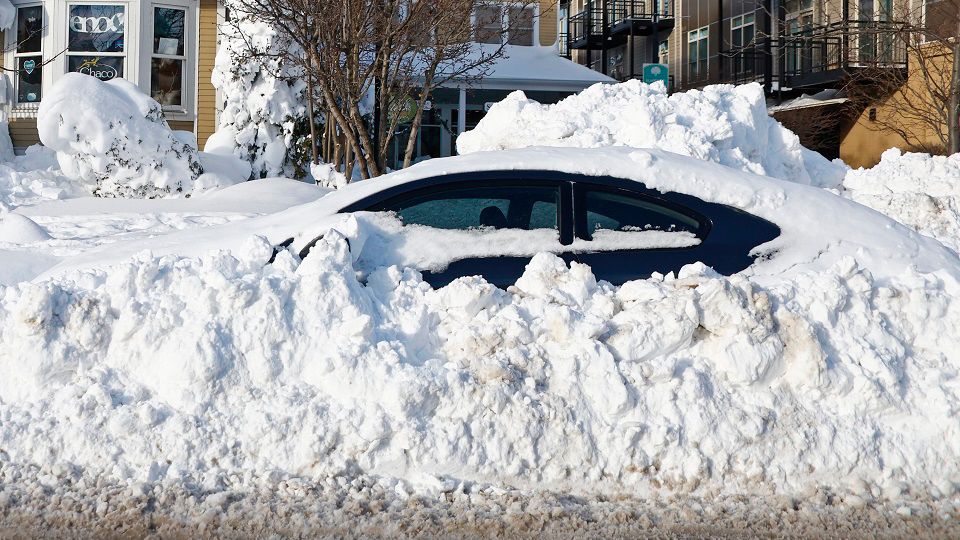The World Health Organization classifies the mu COVID-19 variant as a variant of interest.
"There is some indication that mu is more effective at evading some of our body's defenses, but that's only in a test tube,” Dr. Samuel Cloud, ECMC associate medical director, said. “We are not seeing that on the ground here in the United States.”
"It's on the rise,” Dr. Tarvinder Gilotra, Kenmore Mercy Hospital infectious disease specialist, said. “We are on the lookout for that. We just don't have enough data to say how much contagious it is, how much transmissible it is.”
What You Need To Know
- A new variant, called the mu variant, has emerged in the United States
- The WHO calls it a variant of interest
- Governor Hochul says the mu variant makes up less than 0.5% of cases in New York
Dr. Cloud says a variant of interest is different from a variant of concern.
"A variant of concern would be like the alpha and the delta variant because those variants compared to the original COVID that we had in March 2020 have shown some ability to evade some of our treatments, and maybe are little less the vaccines are a little less effective against them," Dr. Cloud said.
Dr. Cloud says 99.1% of current cases in the U.S. involve the delta variant, while mu makes up only .2%. In a press conference on Tuesday, Governor Hochul said mu makes up less than .5% of cases in New York. Dr. Gilotra says variations occur when we don't meet vaccination thresholds that would bring us closer to herd immunity.
"The more variants keep popping up and if they're more transmissible, the harder it is to reach herd immunity and it becomes a vicious circle,” Dr. Gilotra said. “So vaccinate, vaccinate, vaccinate.”
Dr. Gilotra encourages mitigation methods as well, like social distancing and mask wearing. He says these methods are essential for children 12 years and younger who are not yet eligible for COVID vaccinations, especially as they head back to school.
With cold and flu season around the corner, doctors say sometimes the symptoms can be indistinguishable from COVID-19 symptoms.
Doctors say those who have been vaccinated who have any symptoms of an upper respiratory infection should stay home and talk to their doctor about getting tested.








